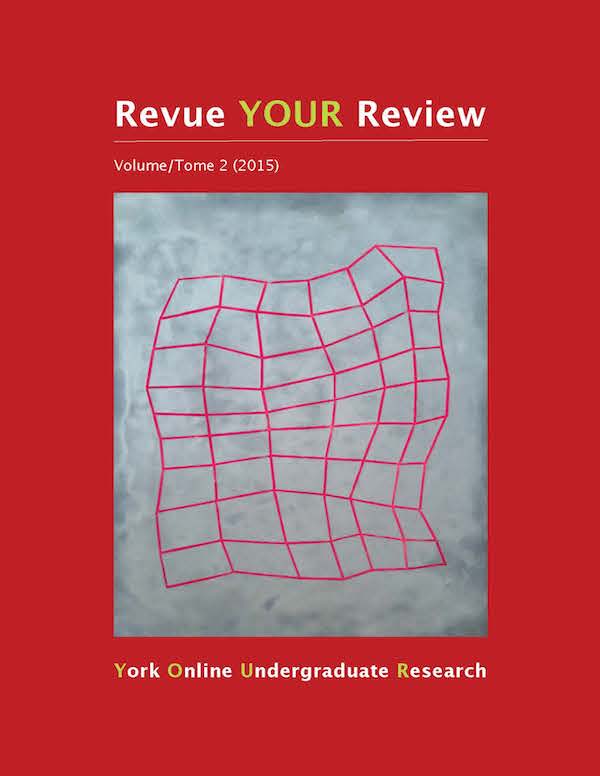North Versus South: Neocolonialism in the World of Climate Change
Résumé
The current discourse surrounding climate change politics includes many aspects that continue ideals of colonialism. This neocolonialism is most obvious in terms of the geopolitics within the Kyoto Accord and carbon trading systems, along with many other green mechanisms. By examining the discourse surrounding climate change in many recent texts on the subject, inequalities become increasingly evident. This paper provides a basis for the discovery of neocolonial ideas by providing the definitions of colonialism and neocolonialism and giving examples of these practices throughout history. Current examples of neocolonialism are then examined in the division of nations into Annex I, Non-Annex I, and Annex II nations under the Kyoto Accord, resulting in the continuation of colonial ideals by producing a new form of the “white man’s burden” in climate politics. The notion of carbon trading is also examined as a new form of colonialism, allowing developed nations to take advantage of developing nations by utilizing their low carbon emissions to make up for developed nations’ own increasingly large carbon emissions. The notion of responsibility for climate change and the vast differences between those who create the emissions and those who suffer for them are examined in terms of two case studies which detail the different approaches to, and impacts of, climate change based in Australia, an Annex I nation, and India, a Non-Annex I nation. The paper concludes with a call for more to be done to limit climate change by making global climate policy more equal for all nations.
Téléchargements
Comment citer
Numéro
Rubrique
Licence
Les auteurs qui contribuent à la Revue YOUR Review acceptent de publier leurs articles selon une des trois catégories de la licence 4.0 : Creative Commons Attribution 4.0 International; Creative Commons Attribution-Pas d'Utilisation Commerciale 4.0 International; ou Creative Commons Attribution-Pas de Modification 4.0 International. Tout contenu éditorial de ce site ainsi que les affiches et les résumés sont sous la licence Creative Commons Attribution-Pas de Modification 4.0 International. Pour plus d’informations, veuillez voir :
https://creativecommons.org/licenses/
Dans tous les cas, les auteurs conservent leurs droits d’auteurs et concèdent à la Revue YOUR Review le droit de première publication. Les auteurs peuvent, par la suite, conclure d’autres accords de distribution non exclusifs de la version publiée dans ce périodique (par exemple, l’afficher à un dépôt institutionnel ou le publier dans un livre ou dans un autre périodique) à condition que la reconnaissance fasse mention de la publication originale dans la Revue YOUR Review.


